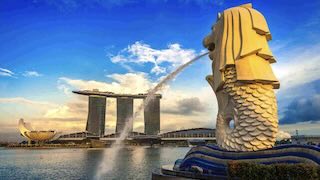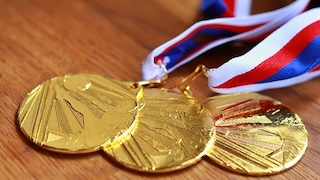Aug 28 (NHK) - Japan's Environment Ministry has tested seawater around the Fukushima Daiichi nuclear power plant for tritium - a material contained in treated and diluted water that the facility began releasing on Thursday. The ministry says all samples were below the level set as detectable.
Samples were from 11 locations on Friday, the day after the water release started. The results of the lab tests were made public on Sunday.
The ministry says tritium at all locations measured less than 10 becquerels per liter. That is the minimum level the government says is detectable.
The fisheries agency is testing fish caught in the area and says that tritium levels in the fish are also too low to be detected.
The plant operator, Tokyo Electric Power Company, has shown media personnel its process of discharging treated and diluted water into the sea.
Monitors in the remote-control room show the water levels in storage tanks.
A loud noise can be heard outside the huge facility where the diluted water is stored. This indicates the water is flowing into an undersea tunnel on its way to being released into the ocean.
TEPCO said it had released 1,420 tons of water by 5 p.m. on Sunday. It also said its equipment has been functioning normally, and seawater samples show no abnormality in radioactivity levels.
The company said it expects to discharge 7,800 tons of water by around September 10 as planned, equivalent to eight tanks. More than 1,000 tanks at the plant are now used to store treated water.
The nuclear power plant suffered a triple meltdown in the 2011 earthquake and tsunami.
Water used to cool molten fuel at the plant has mixed with rain and groundwater that seep into the damaged reactor buildings. The water is treated to remove most radioactive substances, but still contains tritium.
The water is diluted to reduce tritium to about one-seventh of the guidance level set by the World Health Organization for drinking water quality.
China opposes the water release and has ordered a suspension of imports of Japanese seafood.
Japan's industry minister Nishimura Yasutoshi criticized the move. "We urge China to restart imports and act based on scientific evidence," he said.
Nishimura says he will continue to explain Japan's stance at international conferences and at other opportunities.














